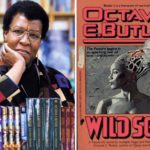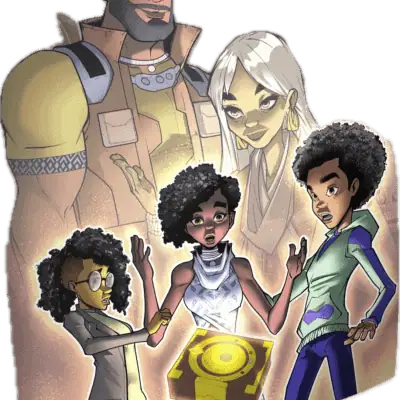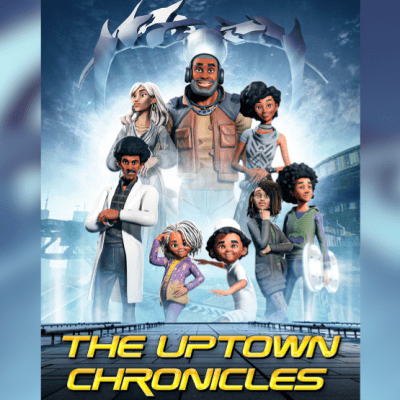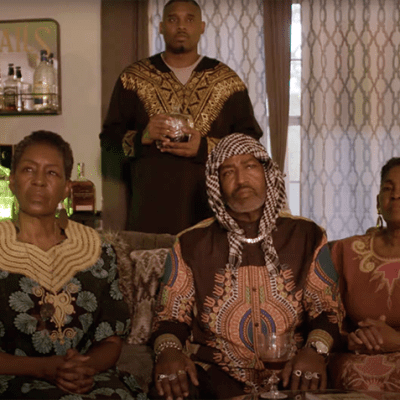
When Jordan Peele, a new filmmaker, creates what is often referred to as a masterpiece on his first try, the stakes became nearly impossible to surpass for his next project. Therefore, like Get Out, Us was expected to be yet another mind-bending film that resonated with the audience and allowed us to ponder on all of its hidden messages and symbolism.
After all, this is the high standard that Peele has set. And while Us had its fair share of thought-provoking moments, critical thinkers will find unavoidable issues within the film’s storyline as a whole, which in turn pulls the audience away from what otherwise is a brilliant concept.
There are many plot holes that can be forgiven in movies, or perhaps even go unnoticed by the typical moviegoer. With Jordan Peele’s Us, while there were an exceptional amount of untied ends, it appears that the majority of the audience and critics alike have decided to be quite lenient with Peele.
While critical conversations surrounding the film discuss its shortcomings, many of the questions brought up aren’t necessarily plot holes, but rather pertain to the ambiguity regarding Peele’s world building. For instance, they ask: If the cloning experiment was abandoned decades ago, where did the clones get their red jumpsuits and scissors? Or, how are the tunnels so clean, with working electricity and zero waste? If their bodies are assumed to work in the same fashion as humans, how did they survive off of raw rabbit meat without contracting diseases and ultimately dying? And, my favorite: WHERE ARE THE GUNS? THIS IS AMERICA! The list goes on, but if Peele were to have answered these specific questions within the film, it wouldn’t have made much of a difference. Although it may have been preferred to know the backstory behind the failed government experiment and why this version of America lacked any sort of military personnel or guns, these questions being left unanswered do not take away from the overall story–but they do make you raise an eyebrow or two at the film’s logic.
However, there is a gigantic plot hole in Us that contradicts the entire storyline and, quite frankly, feels unforgivable. It deals with just how connected the tethered are to their human counterparts, and why the mirroring only seems to happen when it is convenient for the film. When the “twist” is revealed, Us loses all of its credibility. During the mirror maze incident in the beginning of the film, Adelaide switched places with Red, meaning that our main character Adelaide is exposed as non-human, while Red was somehow forced to grow up underground as the only human among the tethered.
Still with me? Okay, so here’s that glaringly huge plot hole that the title speaks of: If Red has been human all along, why has she been mirroring her clone for decades rather than the opposite happening? She wasn’t mirroring her clone before, as she obviously wasn’t aware of Adelaide’s existence. None of the humans knew about the tethered, so life went on as normal. But somehow, now that Red is part of the underground, she has been forced to mimic the actions of Adelaide, from dancing to having children. And yet, she’s human and has free will, just like every other human in the film. Then there’s Adelaide, who, as a clone, should still be mimicking Red–regardless of the fact that they’ve switched lives. Adelaide shouldn’t have been able to function as a normal human at all, because she would still be mirroring everything that Red does underground. But instead, Red appears to become a clone while Adelaide is now a human. This in itself is an intriguing idea, but no other human in the film except for Red mirrored the actions of their clone.
Certainly, the parents of Adelaide would have noticed something was off about their child, and not just the fact that she no longer spoke. She would have behaved in the same way as the other mindless clones, at least at first. Yet she appeared to be transformed from a simple change in her environment, while Red has suddenly forgotten that she’s human and has a mind of her own. Why are these two an exception to how the entire experiment works? Even if we can argue that Adelaide was eventually able to learn how to be human by being raised among them, it still doesn’t dismiss the plot hole that Red, an actual human, was mirroring her clone’s actions. God, it makes my head spin.
Of course, there are many ways that Us succeeds. Certain moments stay with you, such as the initial meeting of the doppelgänger family on the driveway, when we’re filled with the most apprehension. Lupita Nyong’o is a gem, and her performance will reasonably earn her all of the awards, and then some. The cinematography and the film’s score were brilliantly executed, making Us an absolute pleasure to watch if you aren’t thinking about it too much. And lastly, the concept as a whole was refreshingly original, which is to be expected from Peele.
To be clear, this review isn’t meant to take away from the genius that is Jordan Peele, but rather to encourage a thoughtful discussion about the film and ask legitimate questions about its script. The ideas in Us appeared to be rather underdeveloped, as if we were viewing an early-stage draft. Perhaps it would have worked better as a novel, or even as an episode in Peele’s upcoming Twilight Zone reboot. Overall, Jordan Peele’s second effort serves as a reminder that even if you somehow manage to create a classic on your first attempt, it doesn’t mean that every succeeding project will live up to that standard–and that’s perfectly okay.








